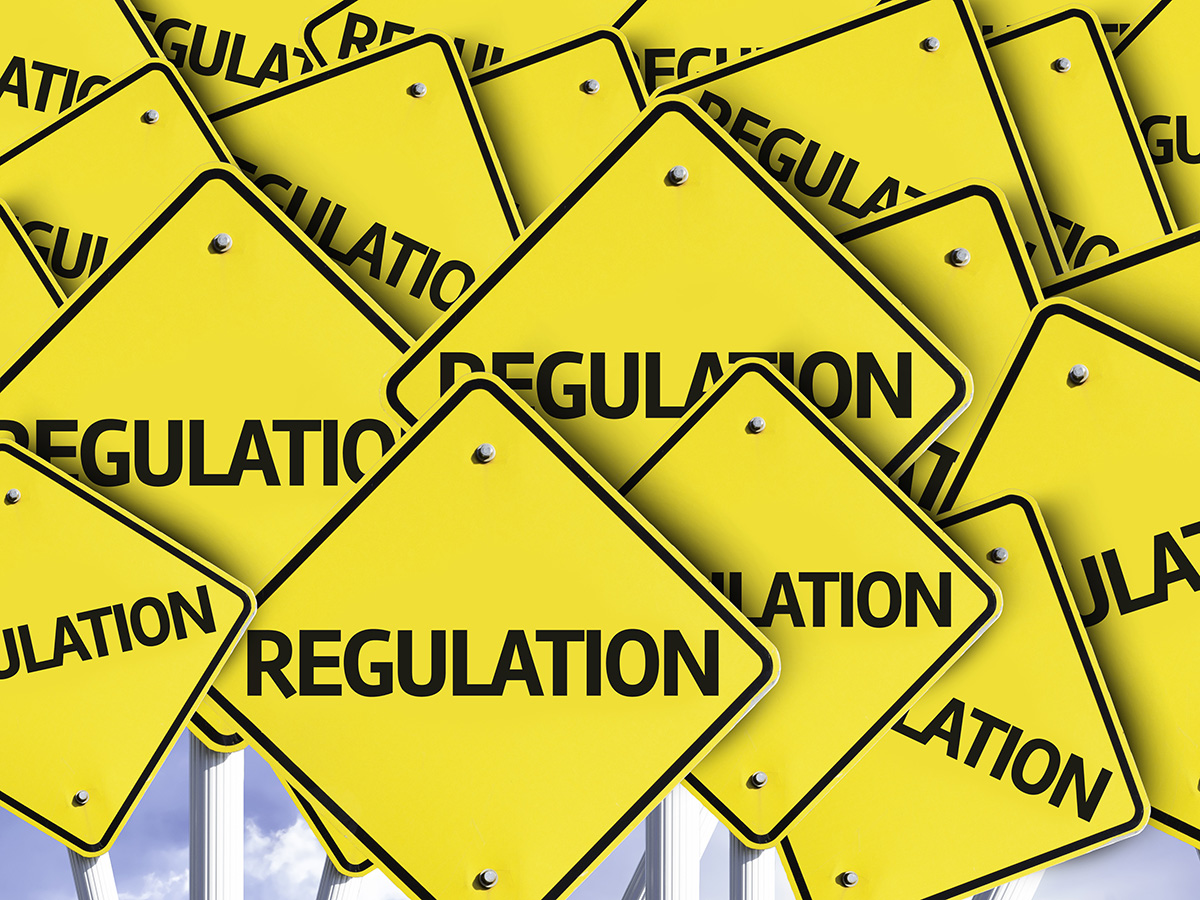
The Crypto Conundrum: Why Democrats Are Right to Oppose FIT21
As the crypto world continues to evolve, regulatory frameworks are struggling to keep up. The latest attempt to provide clarity comes in the form of H.R. 4763, the Financial Innovation and Technology for the 21st Century Act (FIT21). However, senior Democrats have come out strongly against the bill, and for good reason.
 Regulatory uncertainty plagues the crypto market.
Regulatory uncertainty plagues the crypto market.
FIT21, supported by digital asset organizations like Coinbase, aims to provide a regulatory framework for the digital assets industry. On the surface, this sounds like a step in the right direction. However, upon closer inspection, the bill raises more questions than it answers.
 Market uncertainty is a major concern for investors.
Market uncertainty is a major concern for investors.
House Financial Services Committee Ranking Member Maxine Waters and House Agriculture Committee Ranking Member David Scott have expressed strong opposition to the bill, citing concerns that it undermines established legal precedents and creates uncertainty in the traditional securities market. They’re right to be concerned.
“This language undermines decades of legal precedent and case law, thereby creating uncertainty in our traditional securities market,” the Democrat Whip’s office wrote in an email.
The bill’s provision for a safe harbor, allowing entities to file an “intent to register” with certain requirements, raises serious concerns about investor protection. It’s a recipe for fraud and market manipulation.
 Fraudulent activities are a major risk in the crypto market.
Fraudulent activities are a major risk in the crypto market.
Furthermore, the bill’s definition of digital assets is overly broad, potentially allowing unregulated assets to flood the market. This lack of clarity is a recipe for disaster, and it’s no wonder that senior Democrats are urging their colleagues to vote against the bill.
 Regulatory uncertainty is a major obstacle for the crypto industry.
Regulatory uncertainty is a major obstacle for the crypto industry.
In conclusion, while the intention behind FIT21 may be good, the execution is flawed. It’s essential that lawmakers take a step back and re-evaluate the bill to ensure that it truly serves the best interests of investors and the crypto industry as a whole.
 The future of crypto depends on responsible regulation.
The future of crypto depends on responsible regulation.















